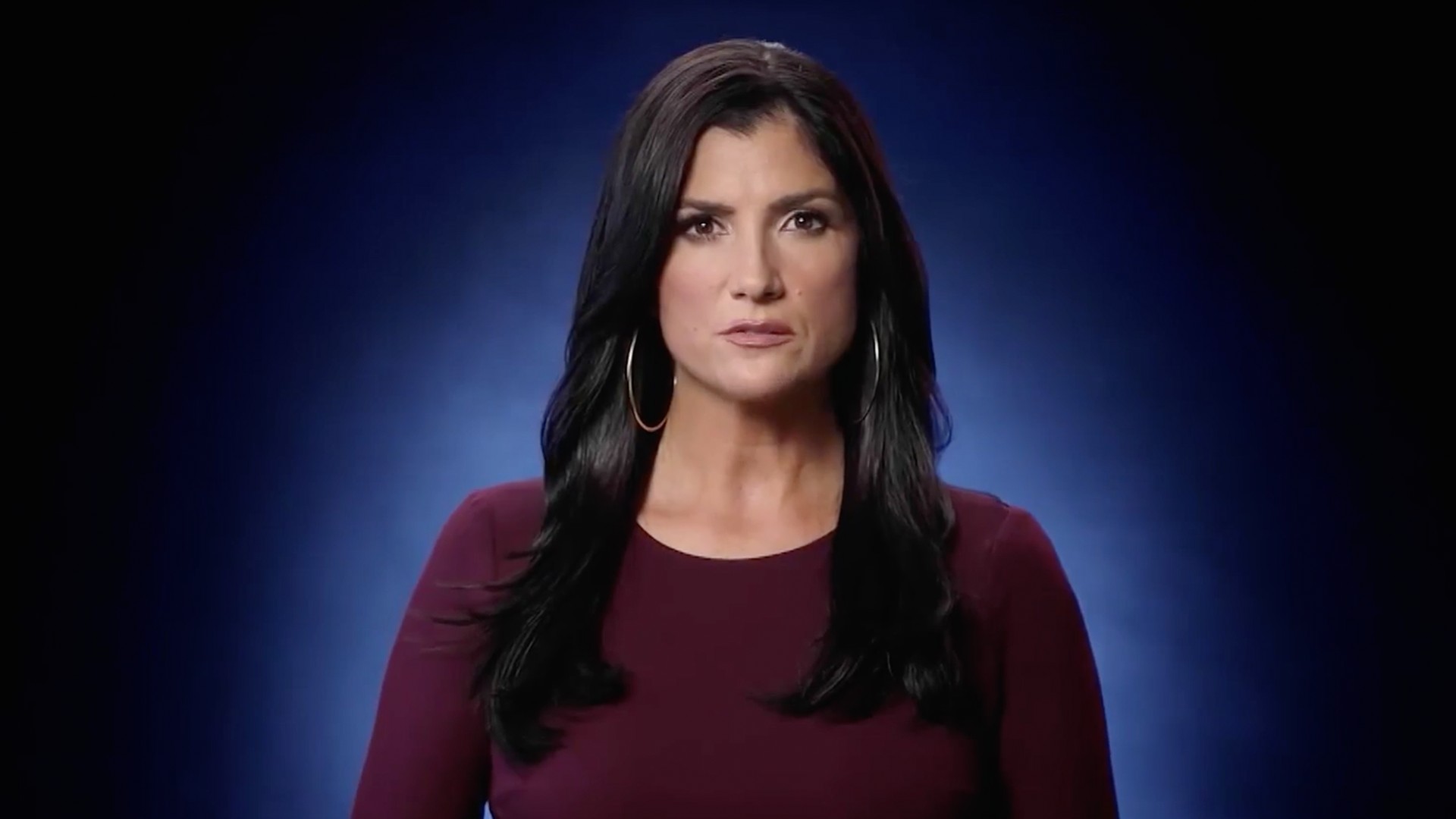Canadian Press
Last month’s shooting at Stoneman Douglas High School in Parkland, Florida, has galvanized a generation of American youth around the issue of gun control. Their first stop: This Saturday’s March For Our Lives, which will see hundreds of thousands of young people and their supporters convene in Washington—and at dozens of local marches throughout the country—to demand Second Amendment reform.“I still live in Parkland. The majority of my friends go to Douglas. The shooting has affected me, knowing a lot of the victims. So I felt like it was my responsibility [to take action],” said Caitlin Parandjuk, a 17-year-old former Douglas student and local community organizer. She’s coordinating a charter bus to make the 1,000-mile trek from Parkland to DC this week after 17 of her former schoolmates were gunned down in the Parkland shooting on February 14.She’d originally contacted half a dozen airlines looking for discounted or free seats for demonstrators, only to be rebuffed. Demitri Hoth, a 17-year-old senior at Douglas who was at school the day of the shooting, had a similar experience. One airline he contacted said it needed at least eight weeks’ notice. “I didn’t have eight weeks’ notice before the guy was going to come and shoot up my school,” he told VICE News by phone. He was exasperated by the airlines’ lack of willingness to help. “By them saying, ‘We can’t help you’—of course they can help us. These are multi-billion-dollar companies. They just don’t want to help us.”In the end, Hoth secured one of the 200 plane tickets being donated by the Giffords foundation, a pro-gun-control organization started by shooting victim and former Congresswoman Gabrielle Giffords. Parandjuk said 300 others had coordinated their own transport. There are, however, more than 3,000 students enrolled at Douglas, and they (and their chaperones) have got to get to Washington somehow. This is what the charter-bus industry lives for: To escort large groups of people to events at a relatively inexpensive price. Although it’s commonly used for sports events, festivals, and group travel, the charter bus has been a key political-organizing tool. Motorcoaches, and the horse-drawn coaches that came before, have shuttled generations of abolitionists, suffragettes, civil-rights activists, Vietnam War protesters, scientists, and now gun-control advocates to the US capital to demand change.Until very recently, though, the industry still lived in the pre-internet dark ages. Many charter-bus companies still don’t even have websites, let alone online booking capabilities. That’s given rise to several North American startups making a business of digitizing the historically old-school charter bus industry.Many of these charter bus startups are run by founders who grew up in the Columbine era and support the push for gun control. That lineage—and lack of ties to the powerful National Rifle Association (NRA)—have given them the license to support March For Our Lives in ways other transportation sectors can’t, or won’t.
This is what the charter-bus industry lives for: To escort large groups of people to events at a relatively inexpensive price. Although it’s commonly used for sports events, festivals, and group travel, the charter bus has been a key political-organizing tool. Motorcoaches, and the horse-drawn coaches that came before, have shuttled generations of abolitionists, suffragettes, civil-rights activists, Vietnam War protesters, scientists, and now gun-control advocates to the US capital to demand change.Until very recently, though, the industry still lived in the pre-internet dark ages. Many charter-bus companies still don’t even have websites, let alone online booking capabilities. That’s given rise to several North American startups making a business of digitizing the historically old-school charter bus industry.Many of these charter bus startups are run by founders who grew up in the Columbine era and support the push for gun control. That lineage—and lack of ties to the powerful National Rifle Association (NRA)—have given them the license to support March For Our Lives in ways other transportation sectors can’t, or won’t.
Advertisement

Advertisement
“We knew we wanted to be involved,” said Dave Lastovskiy, head of marketing at Montreal-headquartered startup Bus.com. “As an American citizen I definitely feel very closely tied to this movement.”He said the company believes in reducing gun violence, and that the march is one way to encourage conversation on the topic. That’s why Bus.com is donating one bus to Douglas students and providing four others at cost at the behest of Parandjuk, who first contacted the company through its customer-service department. “Out of probably six transportation organizations, they were the first to want to partner with me,” she said.Bus.com is providing five buses to Parkland, and 15 to other US communities—most of them at cost—to shuttle marchers to DC and to local marches in Colorado. Some groups directly affiliated with students didn’t get at-cost pricing, but Lastovskiy said any profits generated by their March For Our Lives operation would be donated to the National Compassion Fund.Similarly, New York startup Rally’s site says it’s also providing at-cost bus transportation to the national and local marches for 55 buses. And last week, Boston-based Skedaddle posted to its Facebook page that it’d match any March For Our Lives ride booked on its platform with a free ride for a student enrolled in a particular program. (Skedaddle also got a glowing write-up in the New York Times last year for shuttling Women’s March demonstrators to DC.)
Digitizing the charter-bus booking process may not seem like the sexiest line of business, but it’s one that can have a big impact as politicized youth seek out ways to change their circumstances. For Parandjuk, Hoth, and the other student organizers advocating for gun control, finding support beyond their communities has been incredibly inspiring.“With everything that’s happened and what’s about to happen, we feel like with the nation rallying behind us, change can come,” said Hoth.
